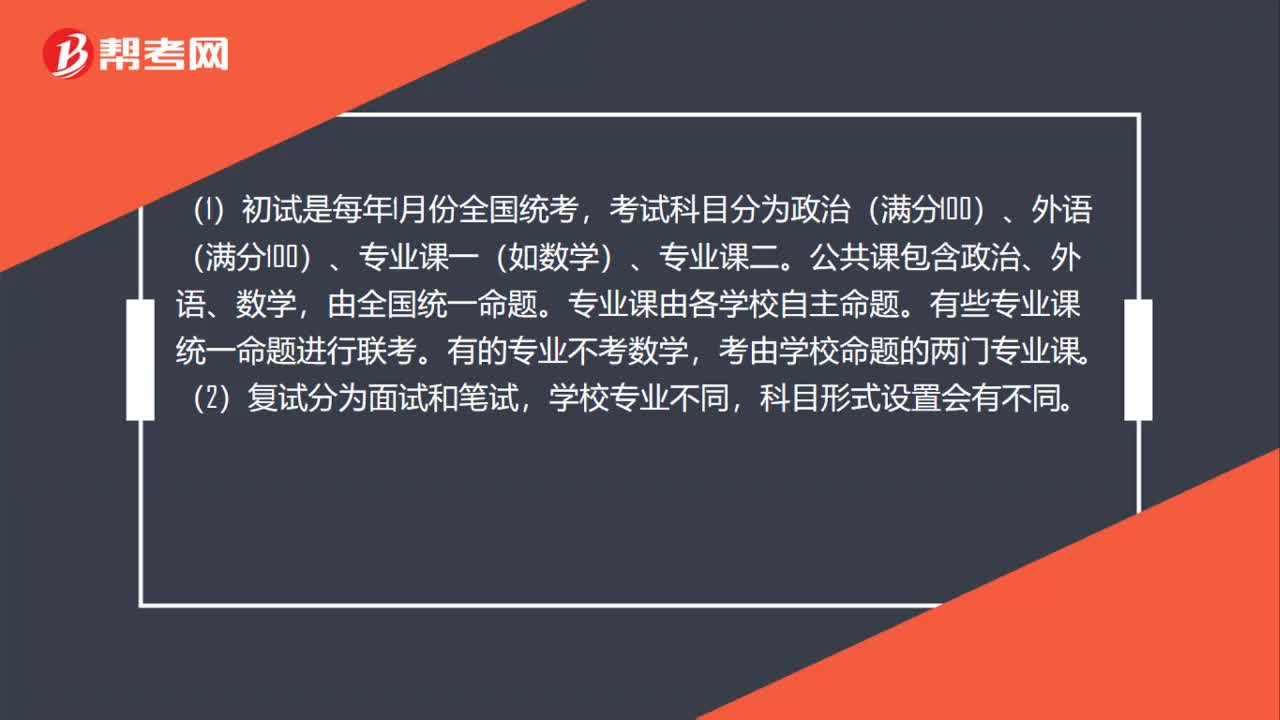
下载亿题库APP
联系电话:400-660-1360

下载亿题库APP
联系电话:400-660-1360

请谨慎保管和记忆你的密码,以免泄露和丢失

请谨慎保管和记忆你的密码,以免泄露和丢失

It’s plain common sense—the more happiness you feel, the less unhappiness you experience. It’s plain common sense, but it’s not true. Recent research reveals that happiness and unhappiness are not really two sides of the same emotion. They are two distinct feelings that, coexisting, rise and fall independently.
People might think that the higher a person’s level of unhappiness, the lower their level of happiness and vice versa. But when researchers measure people’s average levels of happiness and unhappiness, they often find little relationship between the two.
The recognition that feelings of happiness and unhappiness can co-exist much like love and hate in a close relationship may offer valuable clues on how to lead a happier life. It suggests, for example, that changing or avoiding things that make you miserable may well make you less miserable, but probably won’t make you any happier. That advice is backed up by an extraordinary series of studies which indicate that a genetic predisposition for unhappiness may run in certain families. On the other hand, researchers have found happiness doesn’t appear to be anyone’s heritage. The capacity for joy is a talent you develop largely for yourself.
Psychologists have settled on a working definition of the feeling—happiness is a sense of subjective well-being. They have also begun to find out who’s happy, who isn’t and why. To date, the research hasn’t found a simple formula for a happy life, but it has discovered some of the actions and attitudes that seem to bring people closer to that most desired of feelings.
Why is unhappiness less influenced by environment? When we are happy, we are more responsive to people and keep up connections better than when we are feeling sad. This doesn’t mean, however, that some people are born to be sad and that’s that. Genes may predispose one to unhappiness, but disposition can be influenced by personal choice. You can increase your happiness through your own actions.
1. According to the text,it is true that
A、unhappiness is more inherited than affected by environment.
B、happiness and unhappiness are mutually conditional.
C、unhappiness is subject to external more than internal factors.
D、happiness is an uncontrollable subjective feeling.
2. The author argues that one can achieve happiness by
A、maintaining it at an average level.
B、escaping miserable occurrences in life.
C、pursuing it with one’s painstaking effort.
D、realizing its coexistence with unhappiness.
3. The phrase “To date” (Para. 4) can be best replaced by
A、As a result.
B、In addition.
C、At present.
D、Until now.
4. What do you think the author believes about happiness and unhappiness?
A、One feels unhappy owing to his miserable origin.
B、They are independent but existing concurrently
C、One feels happy by participating in more activities.
D、They are actions and attitudes taken by human beings.
5. The sentence “That’s that” (Para. 5) probably means: Some people are born to be sad
A、and the situation cannot be altered.
B、 and happiness remains inaccessible.
C、but they don’t think much about it.
D、but they remain unconscious of it.
参考答案:A C D B A
 27
27普通研究生入学考试总分是多少?:普通研究生入学考试总分为五百分,两门公共课政治和英语各一百分,两门专业课各一百五十分,总共五百分。管理类联考考研总分三百分,英语二一百分,管理类综合两百分。
 23
23普通研究生入学考试每年有几次?:普通研究生入学考试每年有几次?普通研究生入学考试每年举行一次。就时间来说,一般是在一月份左右,而报名时间一般在十月份,十一月中旬现场确认,十二月中旬打印准考证。
 23
23普通研究生入学考试复试怎么考?:普通研究生入学考试复试怎么考?复试分为笔试和面试两种形式,笔试分为英语和专业课;面试也是分为英语和专业课。同等学历,某些学校跨专业考生,需要加试;MPACC需要考政治。
 00:41
00:412020-06-06
 00:44
00:442020-06-06
 00:28
00:282020-06-06
 00:27
00:272020-06-06
 00:33
00:332020-06-06

微信扫码关注公众号
获取更多考试热门资料